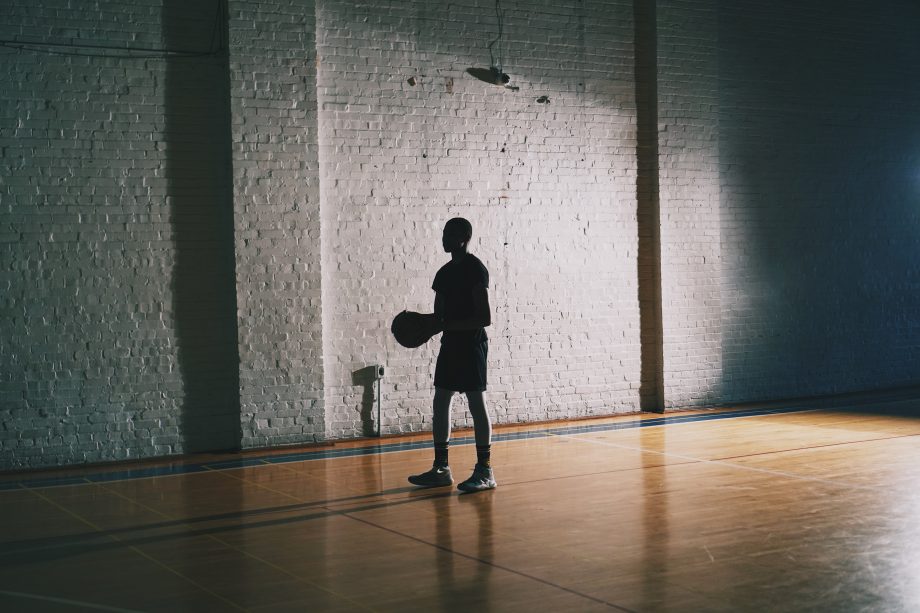Last month we talked about building an identity, mostly in a collective way the embraces people together and always thinking of the “We” before the “I”. This month we will completely change it and I will be approaching a very trending but also important topic: the modern athlete and the new generations. I know people who love the new generations, I know people who only complain about them, but I am certain of one thing: if you want to have a job as a coach, at some point in your life you will have to adapt and to embrace these talented generations.
Even though the title is “The Modern Athlete”, in reality we will be talking about the modern “human being”. It is no secret that our civilization and species has been changing potentially over the course of the past 20 years. Severely impacted by technology and globalization, the new generations have access to information and technology that has changed our brains and the way we think, act, and live every day. Just like any other activity in our daily life, team sports have been impacted by this evolution. Athletes have different needs, communicate differently, act differently, listen to differently, and overall, just learn in different ways, which forces coaches to reflect, understand and adapt in order to be successful while interacting with younger athletes.
In our lives, we’ve all met people who refuse changes: the “old way is the best way”, “these kids should have seen how it was 30 years ago” and so many other famous sayings that have been around for centuries and, guess what, almost all generations end up being on both side of the spectrum: we start as youngsters and end up being the “old school” group. I must admit, one of the “sayings” that bothers me the most in life, and especially in sports, is when coaches say, “I have always done it this way, why would why change?”. On one side, I understand that changes are uncomfortable, they take time, and expose some weaknesses that we would prefer not to show. On the other hand, I refuse to do things “just because” without ever questioning myself if it still is appropriate, efficient, and successful (which, as we have talked in the past, can be measured in many ways).
The modern athlete will not take things for granted, they will not accept something “just because” and they will look for and follow people who are able to be vulnerable, just like they are. They will embrace technology and use it to make their lives not only easier, but more efficient, on and off the field. Doing things the old way and refusing any type of interaction with the modern generations will create a gap in many levels between the coach and the athlete, which in this case will only make things difficult for both sides and, mostly, for the team. These are some of the topics we will consider for the next few weeks, make sure to stay tuned!

